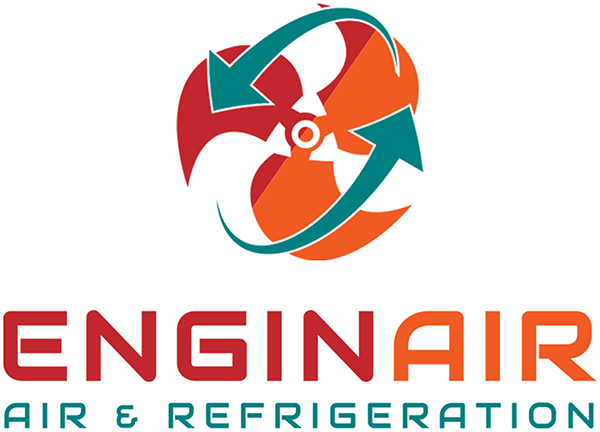Heat pumps have gained immense popularity as reliable and energy-efficient solutions for heating and cooling homes and commercial spaces. With their ability to transfer heat from one location to another, they offer a cost-effective alternative to traditional heating and cooling systems. However, like any other technology, heat pumps have their limitations. This blog post will explore the temperature ranges where heat pumps may become less effective and provide insights into alternative solutions.
If you are facing issues with your heat pump or seeking professional advice or heat pump installation service in Clermont, FL, and the surrounding areas, look no further than Enginair Air & Refrigeration, your trusted HVAC experts.
Understanding Heat Pump Systems
Before delving into the temperature limitations of heat pumps, let’s briefly review how they work. A heat pump is a device that extracts heat from a source and transfers it to another location for heating or cooling purposes. Using a refrigerant, a heat pump can absorb heat from a low-temperature source and release it at a higher temperature.
Heat pumps are highly efficient and can provide up to four times more heat energy than the electrical energy they consume. This efficiency advantage is most pronounced in moderate climates, where the temperature differential between the heat source and the desired indoor temperature is not extreme. However, as the temperature drops, the efficiency of heat pumps can decline.
Heat Pump Limitations In Cold Weather
The efficiency of heat pumps is commonly measured by a coefficient of performance (COP). This value represents the ratio of heat output to the electrical energy input. In colder temperatures, the COP of a heat pump decreases due to the reduced availability of heat in the external environment. There are a few key factors to consider regarding heat pump performance in cold weather:
Balance Point
The outdoor temperature at which the heat pump’s output capacity matches the heating load required to maintain the desired indoor temperature. Below this balance point, supplemental heating may be necessary. The balance point varies depending on the specific heat pump model and the insulation levels of the building.
Defrost Cycle
During cold weather, frost may accumulate on the outdoor unit of a heat pump, reducing its efficiency. To combat this, heat pumps have a defrost cycle that temporarily switches the system to cooling mode, melting the frost. The defrost cycle may cause a temporary decrease in heating capacity.
Auxiliary Heating
Heat pumps are often equipped with auxiliary heating elements to compensate for reduced efficiency in extremely cold conditions. These elements, typically electric resistance heaters, provide supplemental heat when the heat pump alone cannot meet the heating demand.
Geothermal Heat Pumps
Unlike air-source heat pumps, geothermal heat pumps utilize the relatively stable temperature of the earth as a heat source or sink. They can maintain efficiency even in colder climates since the ground temperature remains relatively constant. Geothermal heat pumps are generally more effective and efficient than air-source heat pumps in extreme cold conditions.
Alternative Heating Solutions
Alternative heating solutions may be worth considering in areas with extremely cold climates or in situations where a heat pump’s efficiency drops significantly. Some options include:
Furnaces
Hydronic Systems
Understanding the temperature limitations of heat pumps and considering alternative solutions when needed is essential for maintaining optimal comfort and efficiency.
If your heat pump struggles to maintain a comfortable indoor temperature during cold weather, it is advisable to consult Enginair Air & Refrigeration. Our experienced technicians can evaluate your system’s performance, assess insulation levels, and recommend appropriate solutions to maximize energy efficiency and comfort. Call us today to learn more about heat pump services in Clermont, FL.







